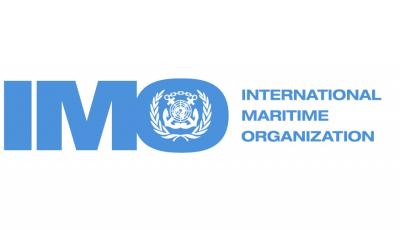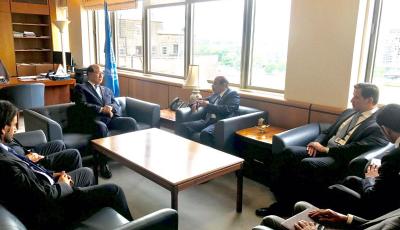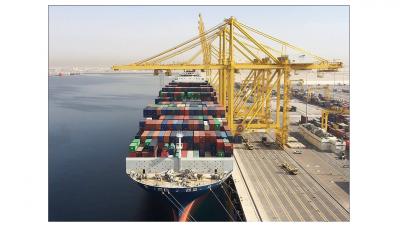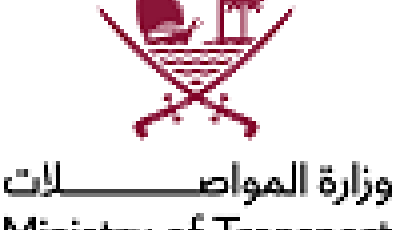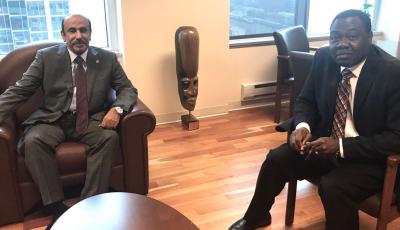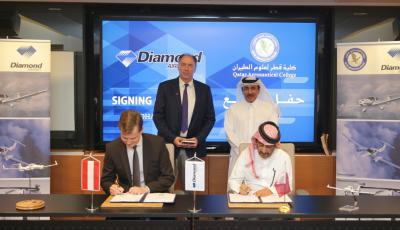
HE Minister Witnesses Agreement Signature between QAC, Diamond Aircraft
Doha – Qatar HE Minister of Transport and Communications Jassim Saif Ahmed Al-Sulaiti today witnessed the signing of an agreement between the Qatar Aeronautical College (QAC).The agreement comes in line with QAC’s effort to upgrade its programs, training courses and academic syllabuses and linking them to practical training for all departments for this advanced industry in the world.As per the agreement, QAC will purchase a fleet of Diamond modern airplanes; 10 DA40 single-engine airplanes and 4 DA42 twin-engine airplanes in addition to 2 flying simulators, 1 covering training on the DA40 airplanes, and the other covering training on the DA42 jets. Those aircraft have proved efficiency and endurance to air turbulence in Qatari environment and hot air.The purchase of this modern fleet of Diamond aircraft and adding them to Qatar Aeronautical College fleet will work towards enhancing training efficiency and readiness and smooth running of Pilot Training Division and will lead to increase in the number of graduates in this promising division in the near future.

